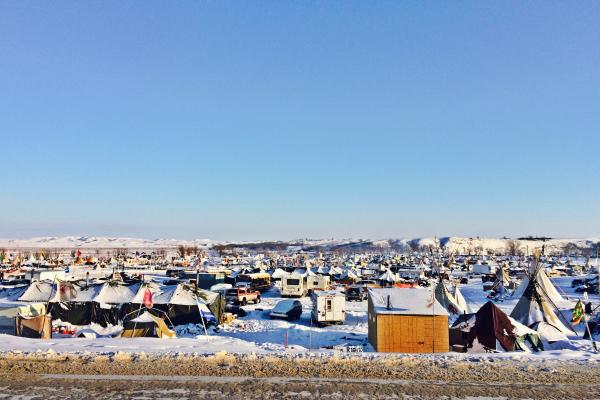Dec 28, 2016
I join with those who celebrate the birth of this spirit-child, even while knowing his life led to murder at the hands of a corrupt Roman regime that for years had been using power and wealth to silence and oppress people. It is said that after his murder, this same person rose from the dead, his body and bloodshed becoming a bridge from violence and trauma to wholeness and healing — showing that hope could conquer hate, and that the power of integrity, justice, and love could win over corruption, fear, and violence.
Read the Full Article

Already a subscriber? Login
